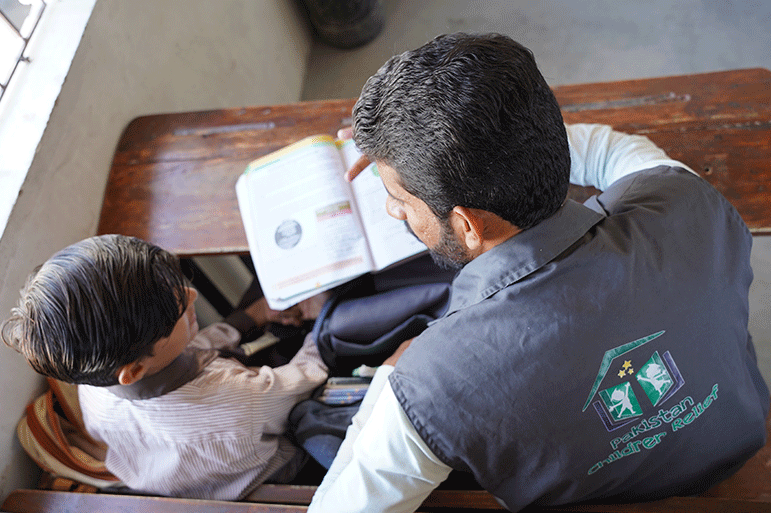Education is the cornerstone of societal progress, yet millions of children in Pakistan remain deprived of this fundamental right due to poverty, lack of infrastructure, and economic disparities. Education support programs play a pivotal role in addressing these challenges by providing access to quality education for underprivileged children, ensuring they have the opportunity to break the cycle of poverty and contribute meaningfully to society. The State of Education in Pakistan Pakistan faces significant challenges in its education sector, with approximately 22.8 million children out of school (According to UNICEF), the second-highest number globally. Rural areas suffer the most due to inadequate schools, untrained teachers, and financial constraints that force families to prioritize labor over learning. Gender disparity further exacerbates the problem, as cultural norms often discourage girls from attending school. According to UNICEF, many children who do attend school still struggle with basic literacy and numeracy skills. (Resource: Education emergency: now or never) Despite government efforts, public schools frequently lack basic facilities, qualified educators, and updated curricula. This gap has led to the rise of nonprofit organizations and education support programs that aim to fill these deficiencies by establishing schools, sponsoring students, and improving educational standards. The World Bank also highlights that Pakistan devotes a notably low share of its GDP to education (about 1.8–2 %), contributing to weak infrastructure and teacher shortages. World Bank The Role of Education Support Programs Education support initiatives focus on multiple fronts to ensure quality education for underprivileged children: Scholarships and Financial Aid Many programs provide scholarships to cover tuition fees, books, and uniforms, enabling children from low-income families to attend school. By offering financial assistance, donors can support a child’s education in Pakistan and help them stay enrolled. School Infrastructure Development Organizations like PAKCR invest in building and renovating schools, ensuring safe and conducive learning environments. Proper classrooms, libraries, and sanitation facilities significantly enhance student retention rates. Teacher Training Programs Quality education depends on skilled educators. Support programs often include teacher training workshops to improve pedagogical techniques, ensuring students receive effective instruction. Community Engagement and Awareness Many initiatives work with local communities to emphasize the importance of education, particularly for girls. Awareness campaigns encourage parents to send their children to school instead of engaging them in child labor. Vocational and Skill-Based Training For older students, vocational training programs equip them with practical skills, improving employability and economic independence. How to Donate for Education in Pakistan Individuals and corporations can contribute to these efforts in several ways: – Sponsor a Child: Monthly contributions for a child’s education ensure they receive schooling, meals, and necessary supplies. – Fund School Construction: Donations can help build new schools or renovate existing ones in underserved areas. – Support Teacher Training: Contributions can fund instructor development programs, raising teaching standards. – Corporate Social Responsibility (CSR): Businesses can partner with NGOs to fund large-scale education projects. The Way Forward While progress has been made, much work remains to ensure every child in Pakistan has access to education. Sustainable funding, policy reforms, and community involvement are crucial to scaling these efforts. By choosing to donate education for children in Pakistan, individuals and organizations can create lasting change, empowering future generations with the knowledge and skills needed for a brighter future. Education is not merely a privilege but a right that must be accessible to all. Through collective action, we can bridge the educational divide and build a more equitable society where every child has the chance to learn, grow, and thrive.


